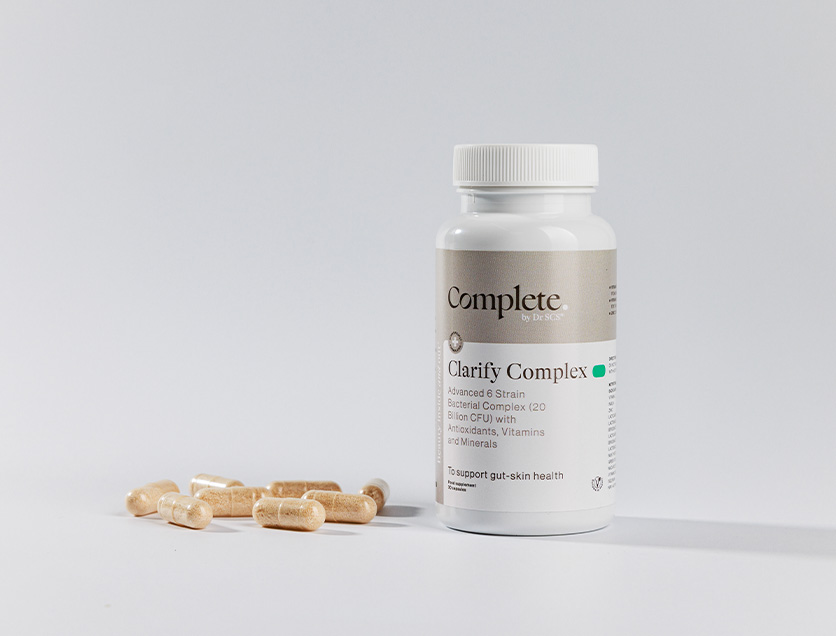
Magnesium & Menopausal Transitions: Examining the Evidence
Perimenopause and menopause involve complex hormonal changes that affect multiple physiological systems, including skin health. While various supplements are promoted for menopausal symptoms, magnesium has specific evidence supporting its role in several relevant pathways.
Magnesium functions as a cofactor in over 300 enzymatic reactions, including those involved in hormone metabolism, neurotransmitter synthesis, and cellular energy production. During hormonal transitions, these processes may become less efficient due to declining oestrogen levels.
Research suggests magnesium may influence several menopausal concerns. Its role in GABA receptor binding may support sleep quality, which commonly deteriorates during perimenopause. Additionally, magnesium’s involvement in bone metabolism becomes relevant as oestrogen decline affects bone density.
The mineral’s effects on mood stability relate to its role in serotonin synthesis and regulation. However, individual responses vary significantly, and magnesium supplementation should not be viewed as a universal solution for menopausal symptoms.
“Magnesium supplementation may support certain aspects of menopausal health through well-understood biochemical pathways. However, the evidence for dramatic symptom relief remains limited, and individual responses vary considerably.”
–
Dr SCS
Dosing and form selection matter for absorption and tolerability. Magnesium glycinate typically offers better bioavailability and fewer gastrointestinal side effects compared to other forms. However, supplementation should complement, not replace, comprehensive menopausal health management.
Timeline expectations should be realistic. If benefits occur, they typically develop gradually over several weeks to months of consistent supplementation. Immediate dramatic improvements are unlikely and may indicate placebo effects.
Integration with overall health management proves most effective. Magnesium supplementation works best as part of comprehensive approaches including appropriate nutrition, regular exercise, stress management, and medical supervision when necessary.
Success with magnesium during menopausal transitions depends on appropriate expectations, consistent supplementation, and understanding that individual responses vary—supplementation alone cannot address the complex physiological changes occurring during this life stage.


Join our mailing list
Stay in the loop! Join our newsletter for exclusive updates and promotions
Articles we think you will like


32.9% Wrinkle Reduction in 8 Weeks: Inside the Clinical Trials

Beyond Animal Collagen: The Science of Human-Identical Collagen
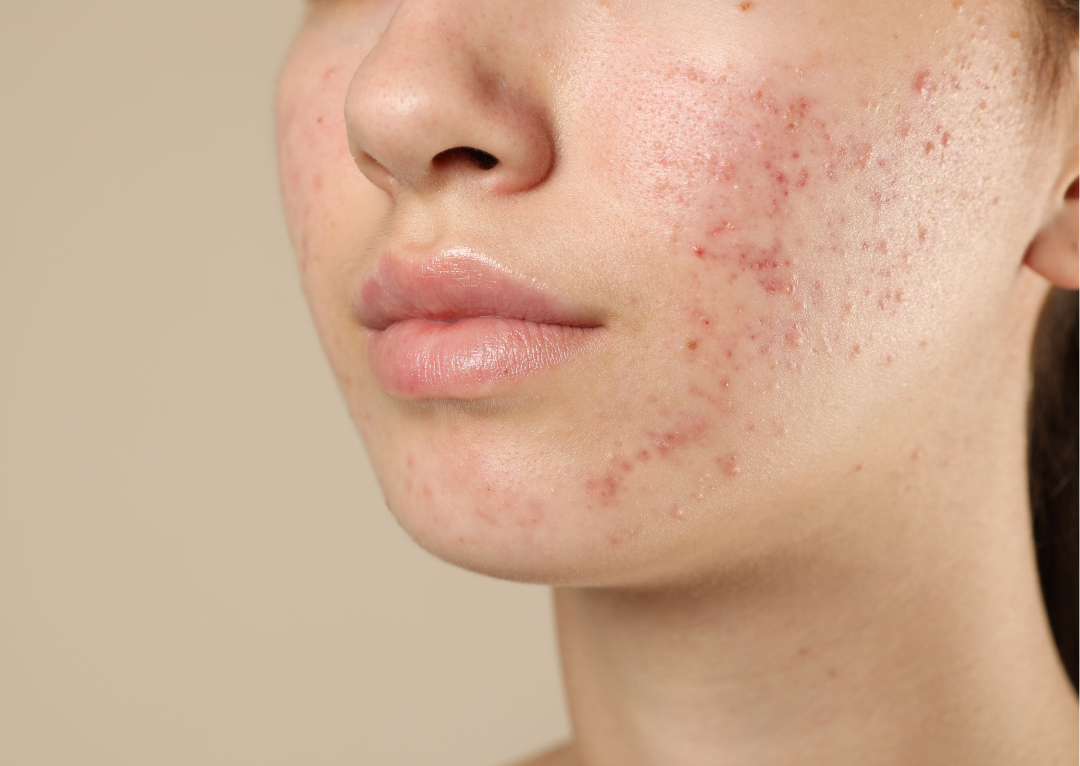
The Science Behind Clear Skin: How Your Gut Microbiome Controls Breakouts
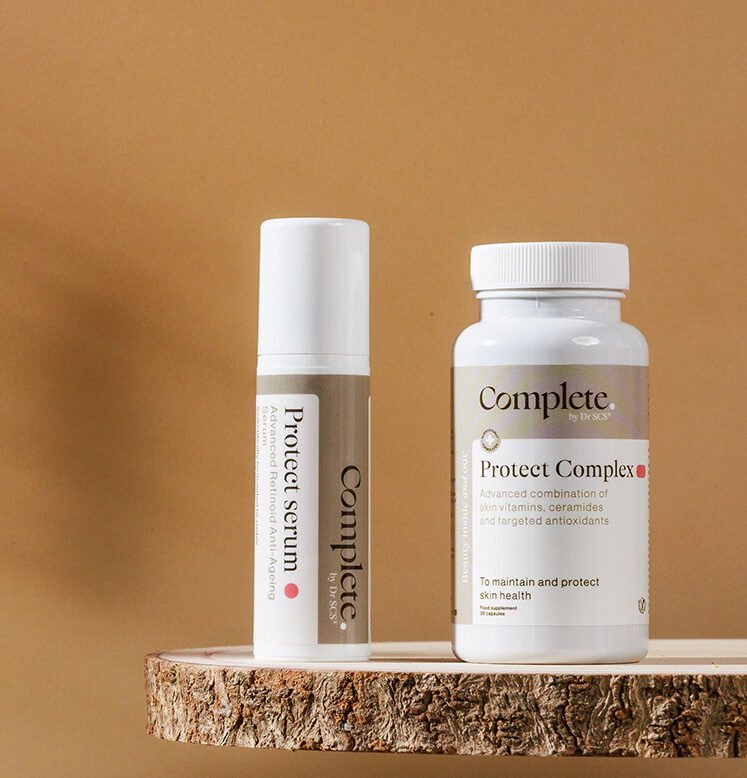
Most people are wasting money on retinol. Here’s why.

Why Your “Sensitive Skin” Might Actually Be Damaged Skin
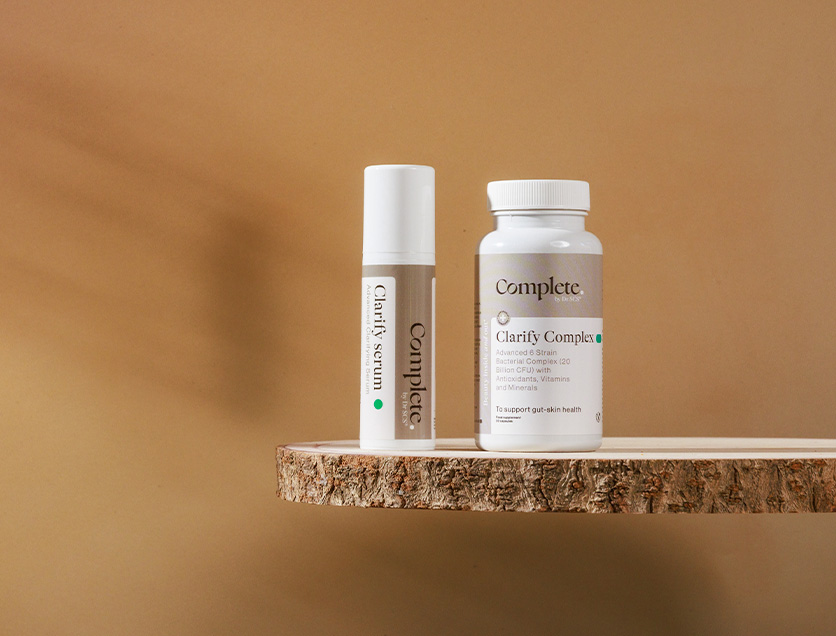
Stress & Skin Health: Understanding the Cortisol Connection

Building Your Skincare Routine: Evidence-Based Layering Principles
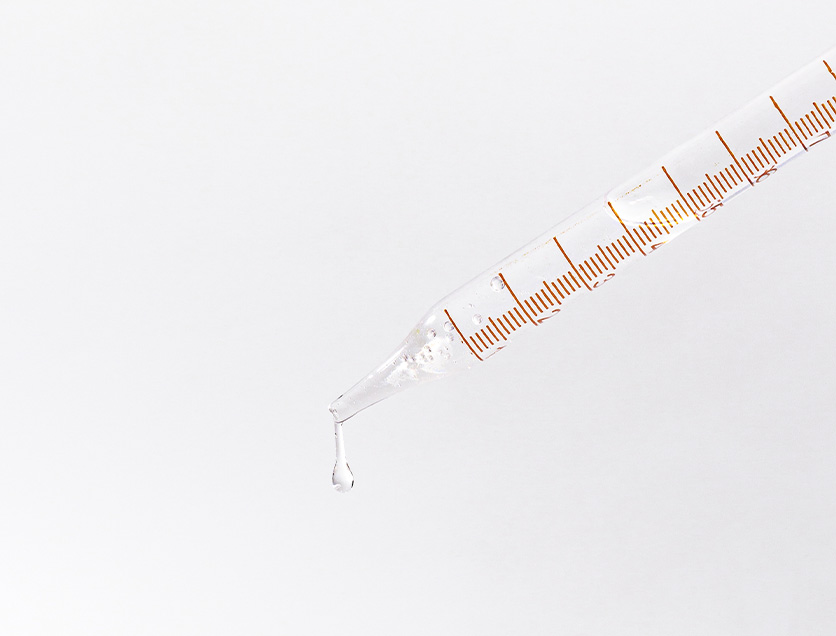
Azelaic Acid: Clinical Evidence for Inflammatory Skin Conditions
